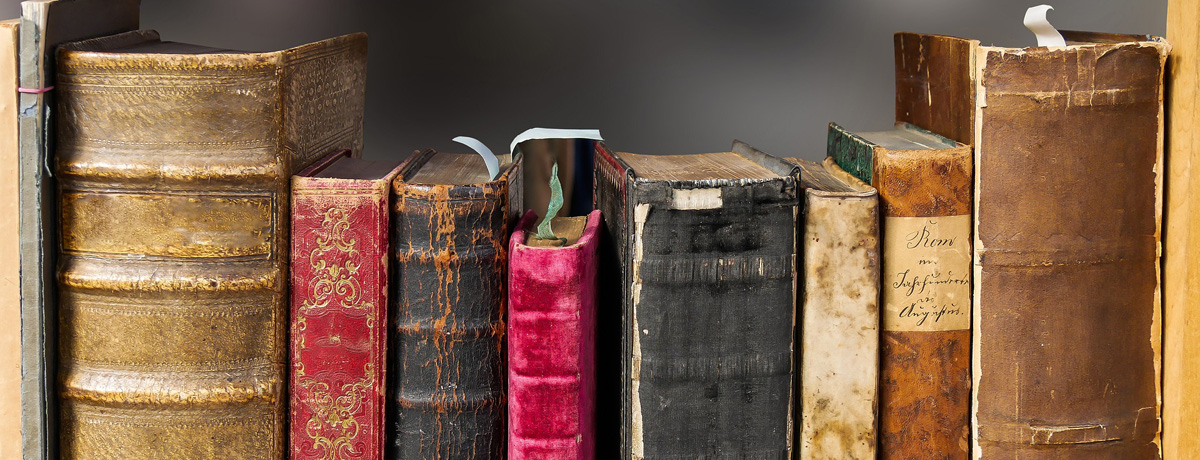REGULATIONS FOR THE REGULAR DOCTORAL SCHOLARSHIP OF THE GERMAN LIMES COMMISSION[1]
1) Aim of the Scholarship
The aim of the scholarship is to analyse previously unpublished excavations along the Limes (Upper German-Raetian, Rhine and Danube Limes in Germany) or thematically related overarching issues as part of a dissertation. In the course of an excavation reappraisal, features are to be comprehensively processed and evaluated and old finds are to be analysed antiquarian and in context. The submission is intended to be in print. Excavation findings and artefacts must be documented in drawings and prepared for publication. This work is a central part of the scholarship and is intended to promote qualification in drawing work and computer-aided analysis of plans. The presentation of (interim) results at national and international conferences is encouraged.
2) Candidate
As a rule, students of archaeology with a focus on provincial Rome and a Master's degree are eligible for a scholarship.
3) Topics
The topic for the scholarship is proposed by the DLK, the heritage offices and the universities. Purely literary works are not funded.
4) Timeframe
The scholarship is initially granted for a period of one year. The scholarship holder can informally apply for an extension of the funding. However, before further funding is granted, the scholarship holder must submit a progress report. This progress report will be used to determine whether additional funding is justified. The extension is then granted for another year. In the progress report (approx. 5 pages), the scholarship holder should document the progress made and scientific activities (publications, lectures, etc.) in the previous funding period, discussing any outstanding or newly arising problems in the doctoral project and present an updated timetable for solving them. At the same time, the scholarship holder reports on their participation in national and international scientific conferences. An extension for a third year is generally possible upon informal application and following submission of a comprehensive progress report with the addition of an expert opinion from the university supervisor at least six months before the scholarship expires. Under special circumstances, the scholarship can be extended for a further six months upon application. The informal application must be submitted no later than three months before the end of the third funding year. A progress report must be submitted. Together with the application, a complete catalogue with tables must be submitted to the university supervisor, the responsible state office and the managing director of the DLK for assessment, as well as a written declaration that this catalogue will be made available to the responsible state office for internal use in the event that the dissertation is not submitted in the last funding period, and after a further six months also for general use in compliance with the relevant copyright law. There is no legal entitlement to an extension of funding. In the event of interruptions due to illness or other reasons for which the scholarship holder is not responsible, the scholarship may continue to be paid for up to four weeks. However, continued payment can only be made within the maximum funding period. In special cases (e.g. pregnancy, raising children, illness), the financial support can be suspended for a few months, up to a maximum of one year, in agreement with the DLK. Within the funding period, the doctoral scholarship ends in any case in the current month with the last examination (Rigorosum, Disputatio, etc.).
5) Supervision and Support
In addition to the supervisor, further supervision and support will also be provided by the DLK (represented by the managing director) and the relevant monument authority (represented by its representative in the DLK and the respective Limes coordinator).
6) Financing and Equipment
All costs are financed equally by the DLK or an external donor and the Monuments Office in whose area of responsibility the excavation or measure is located. Facilities are provided by the Monuments Office or the DLK. The monthly grant amounts to €1,150. A childcare allowance in the form of a monthly lump sum is paid on application for children and foster children within the meaning of Section 32 (1) of the Income Tax Act (EStG) of the scholarship holder up to the age of 18. The monthly lump sum amounts to €150 for the first child and does not increase for further children. A one-off payment of €2,000 can be made on application for drawings and photographs of complicated individual objects or plans. A travel allowance totalling up to €1,000 can also be granted upon application. Double funding from the German Limes Commission and other public funds is excluded. There is no legal entitlement to the aforementioned benefits.
7) Award
The scholarship is awarded by the DLK on the recommendation of an internal assessor who is not directly involved. The prerequisites are a written application from the potential scholarship holder with a detailed project presentation (10,000-15,000 characters), a statement from the supervising professor and confirmation of participation in the costs from the relevant heritage office. Preference may be given to applications that demonstrate several months of thorough preparatory work on the topic. The decision on the application will be communicated in writing without justification. There is no legal entitlement to the award of a scholarship.
8) Application Deadline
The application deadline depends on the call for applications (see current information on the homepage).
[1] For reasons of better readability, the masculine form is used for personal names and personal nouns on this website. Corresponding terms apply to all genders in the interests of equal treatment. The abbreviated form is for editorial reasons only and does not imply any judgement.


